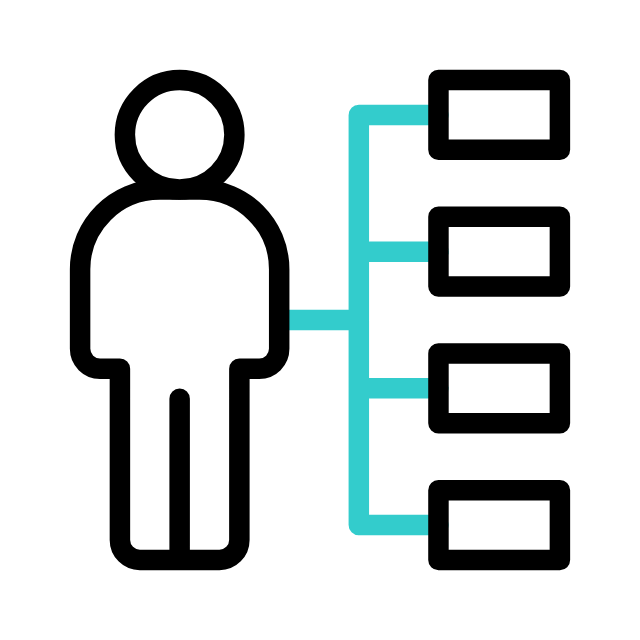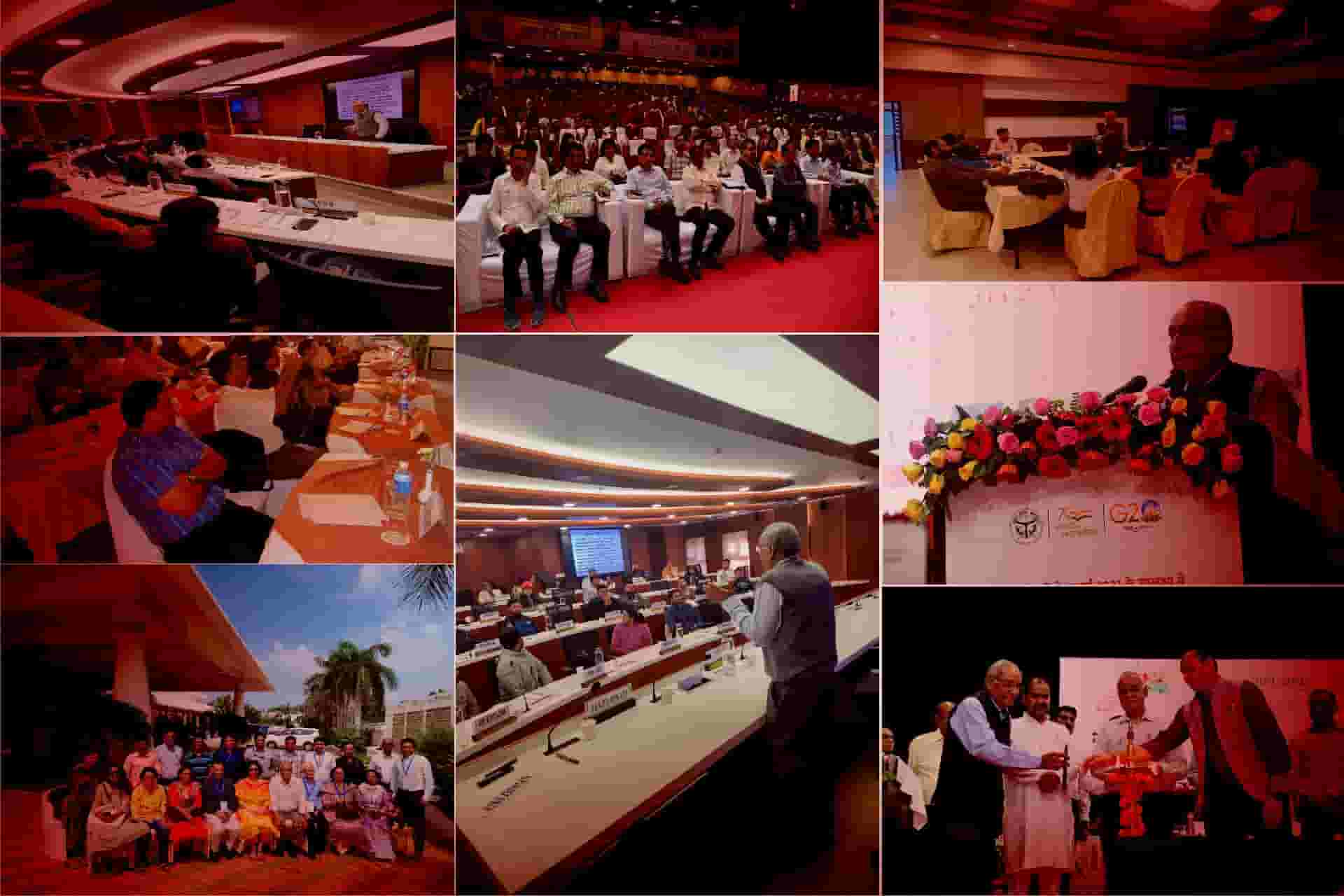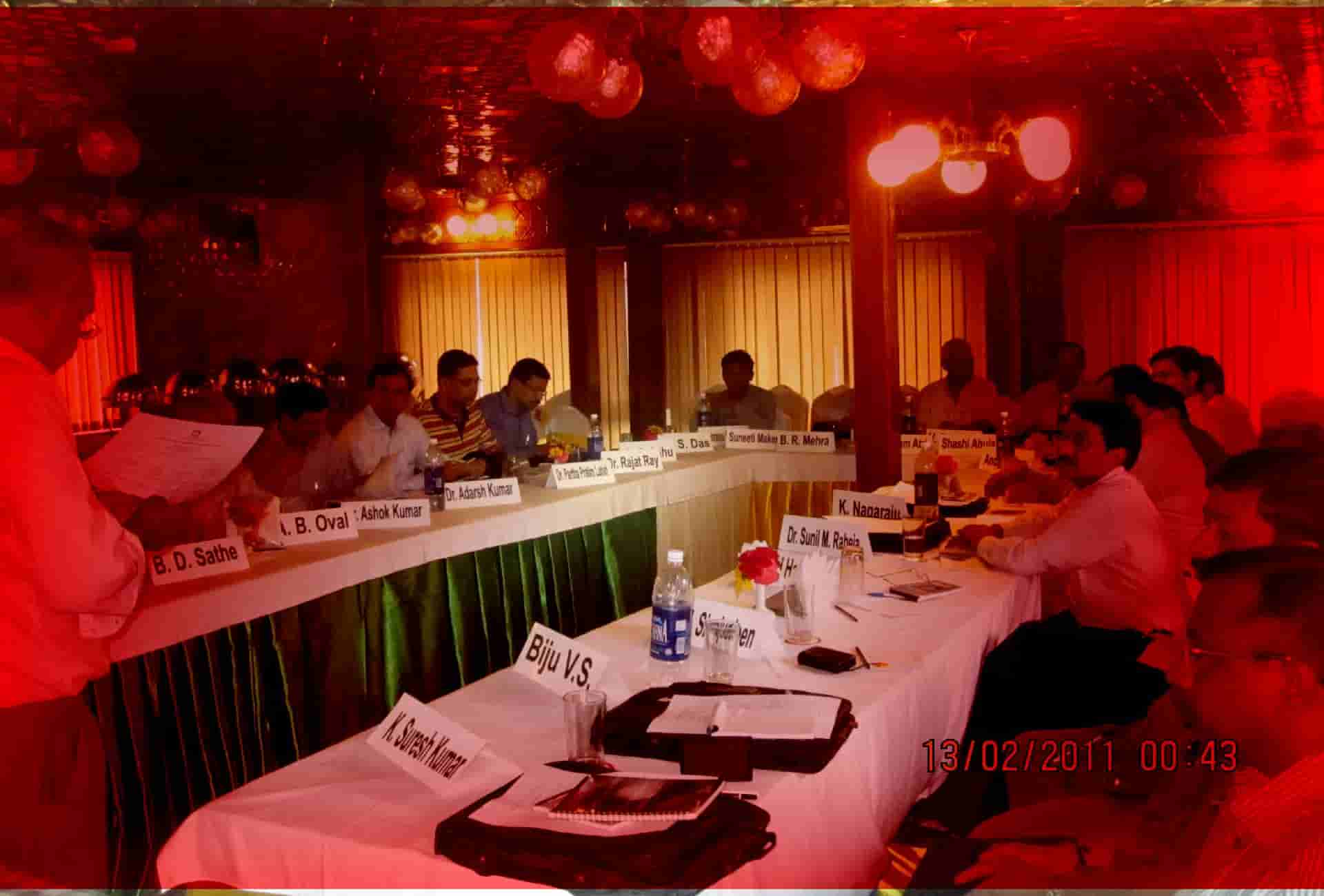Residential training refers to a type of training program where participants reside at the training facility or accommodation provided by the training provider for the duration of the training. Participants typically stay overnight at the training location, and the training program may span several days or weeks.

Benefits of Residential Training
- Intensive Learning: Participants can fully immerse themselves in the training content and focus on learning without distractions, leading to a deeper understanding of the subject matter.
- Networking and Collaboration: Residential training facilitates networking and collaboration among participants, trainers, and experts, creating opportunities for peer learning and knowledge exchange.
- Team Building: Residential training programs often include team-building activities and exercises that help foster teamwork, communication, and collaboration among participants.
- Convenience: Participants do not have to commute to and from the training venue each day, saving time and reducing logistical challenges associated with travel.
- Enhanced Engagement: The residential setting creates a conducive learning environment that promotes engagement, participation, and interaction among participants.
Key features of residential training include:
- On-Site Accommodation: Participants are provided with lodging facilities, such as dormitories, hotels, or conference centers, located near the training venue.
- Meals: Meals are often provided as part of the training package, either catered by the training provider or prepared on-site at dining facilities.
- Immersive Learning Environment: Residential training offers an immersive learning experience, as participants are fully immersed in the training environment without distractions from their regular routines or commitments.
- Networking Opportunities: Participants have ample opportunities to interact and network with fellow participants, trainers, and experts outside of formal training sessions, fostering collaboration and knowledge sharing.
- Structured Schedule: Residential training programs typically follow a structured schedule, including a combination of lectures, workshops, group activities, and practical exercises conducted throughout the day.
Residential training is commonly used for intensive or specialized training programs that require participants to focus solely on the training content for an extended period. It is particularly suitable for programs that involve hands-on learning, team-building activities, or experiential learning opportunities that benefit from participants being together continuously.
Residential training is commonly used for intensive or specialized training programs that require participants to focus solely on the training content for an extended period. It is particularly suitable for programs that involve hands-on learning, team-building activities, or experiential learning opportunities that benefit from participants being together continuously.
major types of residential training
TECHNICAL
- Quality Management System – ISO – 9000 – 2008
- Environment Management System – ISO – 14000
- Occupational Health & Safety Assessment Series – OHSAS 18001
- Total Quality Management – TQM
- Total Productive Maintenance – TPM
- Six Sigma
- Lean Manufacturing
- Value Stream Mapping – VSM
- Statistical Process Control – SPC
- Failure Mode Effect Analysis – FMEA
- Quality Function Deployment – QFD5-S
- Good House Keeping Kaizen
- Quality Circles
- Work Study – Time Study and Method study
- System & Procedure Improvement: Poka Yoke7
- QC Tools – Problem Solving Techniques
- Production Planning and Control
- Value Engineering
- Productivity Improvement through Waste Minimization
- Industrial Safety and Fire Safety
Materials Management - Stores Management
- Supply Chain Management
- Benchmarking
BEHAVIORAL (Soft Skills)
- Individual Performance enhancement
- Through HR Tools for Organisational Effectiveness
- People Management: Creating Value through people
- Balance Score Card
- Counselling skills for executives
- 360 degree Appraisal
- Leadership Skills
- Team Building Skills
- Motivation Skills
- Communication skills through TA Analysis
- Interpersonal Relationships & Communication Skills
- Stress and Conflict Management
- Time Management
- Training for Trainers
- Personality Development and Body Language
- Work Culture and Productivity
- Recent Amendments in Labour Laws
- Managing change through participative approach
- Safety thorough behavioural approach
- Marketing Management
- Sharpening Selling Skills
- Negotiation Skills & Customer Orientation
- Supervisory Skills Development



























